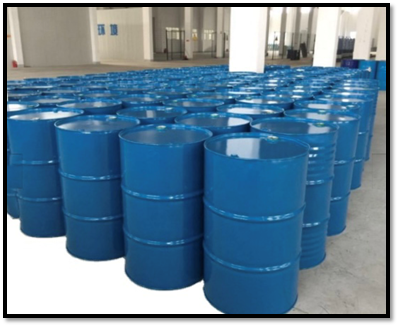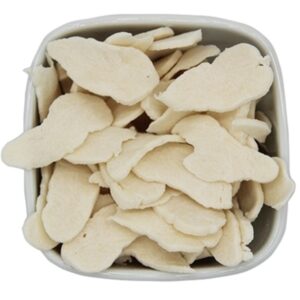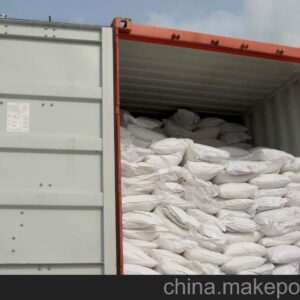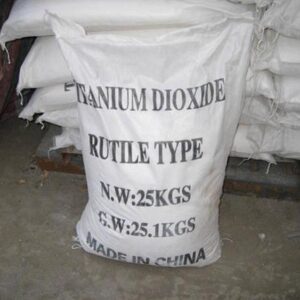Description
Technical Specifications – Propylene Glycol
| Property | Specification |
|---|---|
| Chemical Name | Propylene Glycol |
| Chemical Formula | C₃H₈O₂ |
| CAS Number | 57-55-6 |
| Molecular Weight | 76.09 g/mol |
| Appearance | Clear, colorless, viscous liquid |
| Odor | Practically odorless |
| Boiling Point | 188.2°C |
| Melting Point | -59°C |
| Flash Point | 103°C (closed cup) |
| Solubility | Miscible with water, acetone, chloroform |
| Purity | 99.5% minimum (USP/Pharma grade) |
| Density | ~1.036 g/cm³ at 20°C |
| pH | 6.5 – 7.5 |
| Storage Conditions | Store in a cool, dry, well-ventilated area |
| Packaging | Available in drums, IBC totes, or bulk |
Key Features and Benefits
1. Multi-Industry Applications
Propylene Glycol is a true workhorse in manufacturing. It is used as a humectant, solvent, carrier fluid, and emulsifier across industries like food processing, pharmaceuticals, and cosmetics.
2. Safe for Human Use
Recognized as Generally Recognized As Safe (GRAS) by the FDA, Propylene Glycol is used in food flavorings, e-liquids, and oral medications. It is also a common ingredient in personal care items like lotions, shampoos, and deodorants.
3. Excellent Moisture Retention
Its hygroscopic nature helps retain moisture in products, making it ideal for skincare formulations and moisturizing agents.
4. Antifreeze and Deicing Agent
Propylene Glycol serves as a safer alternative to ethylene glycol in antifreeze formulations, particularly in food-processing environments, HVAC systems, and aviation deicing fluids.
Common Applications of Propylene Glycol
-
Food & Beverage
Used as a carrier for food colors, flavors, and as a preservative. -
Pharmaceutical Industry
Serves as a solvent in oral, injectable, and topical drug formulations. -
Cosmetic and Personal Care
Acts as a humectant, solvent, and skin conditioning agent. -
E-Liquids and Vaping
Key base ingredient in e-liquids due to its vapor-producing ability. -
Automotive & HVAC
Functions as an environmentally friendly coolant and antifreeze. -
Industrial Applications
Used in hydraulic fluids, paints, detergents, and coatings.
Conclusion
Propylene Glycol is a highly versatile, safe, and essential ingredient across a wide spectrum of industries. Whether you’re formulating personal care products, processing food-grade items, or developing industrial coolants, Propylene Glycol’s purity, safety, and multifunctional capabilities make it an indispensable choice. Its balance of physical properties and regulatory acceptance ensures consistent performance while meeting stringent quality standards.








